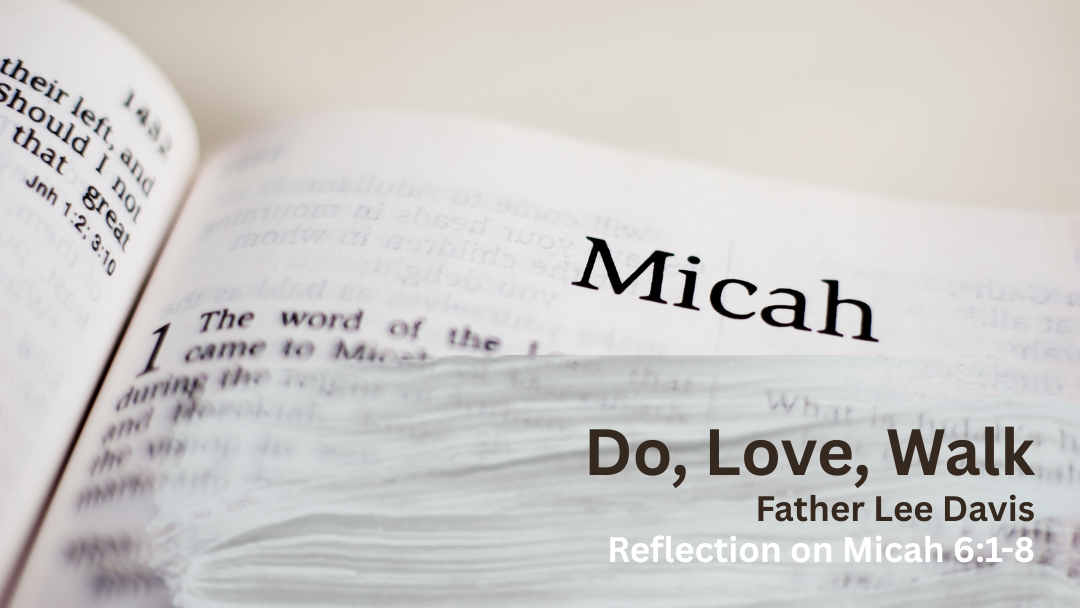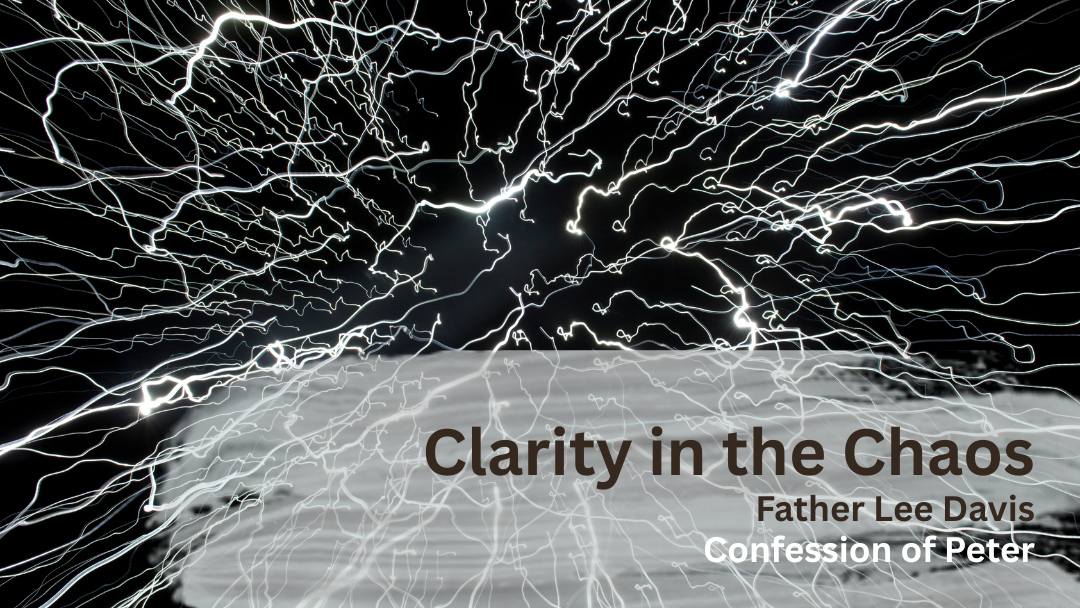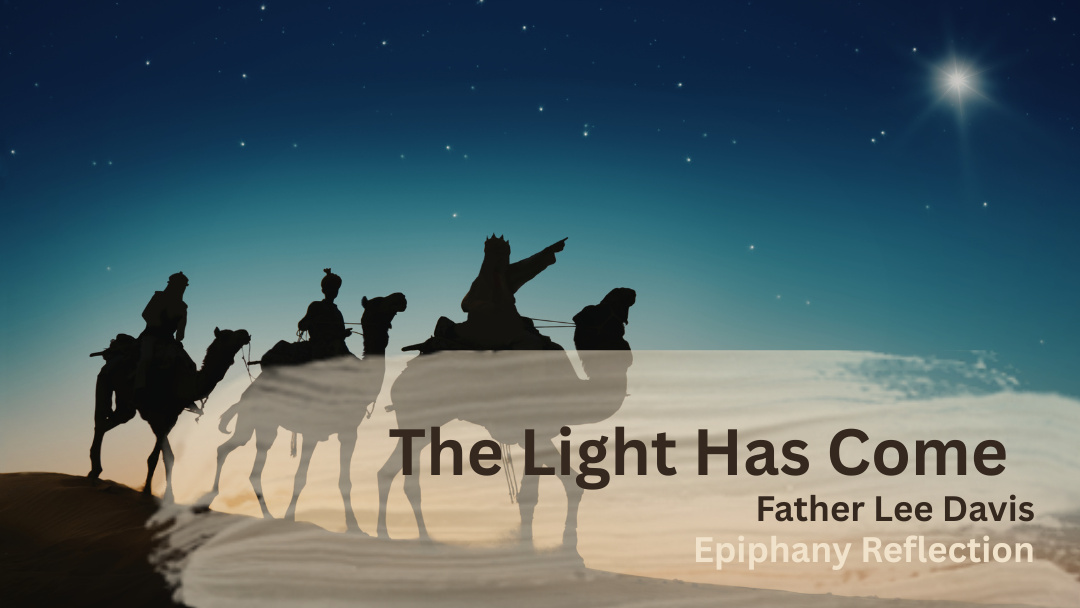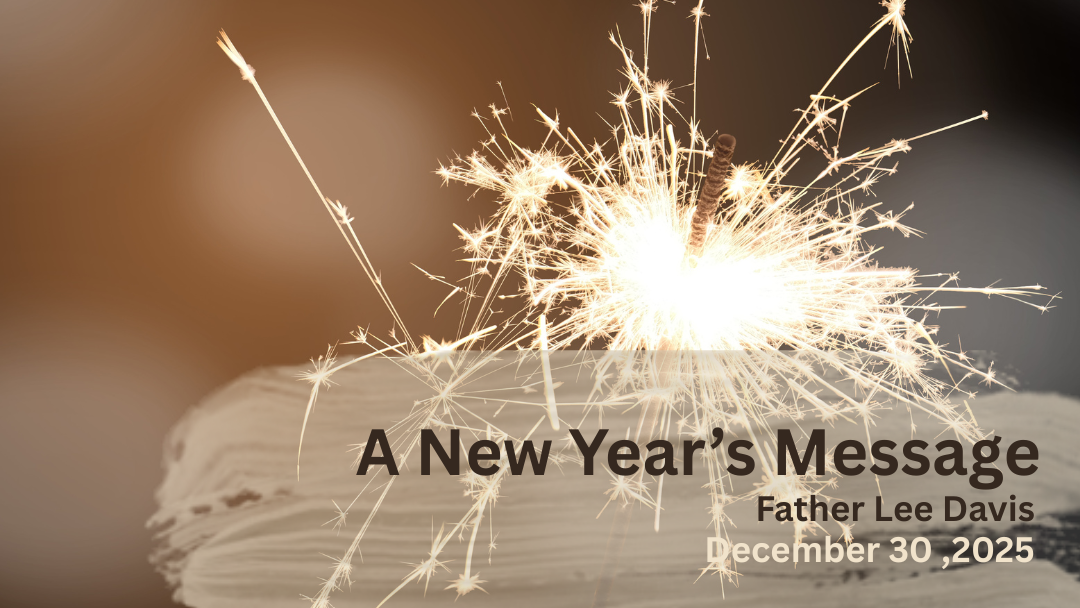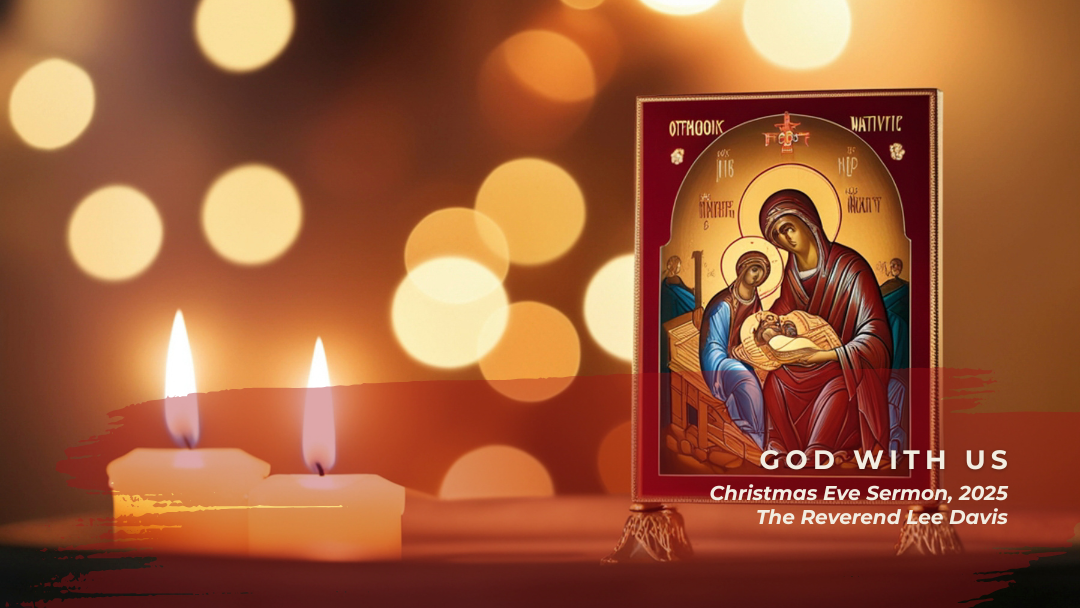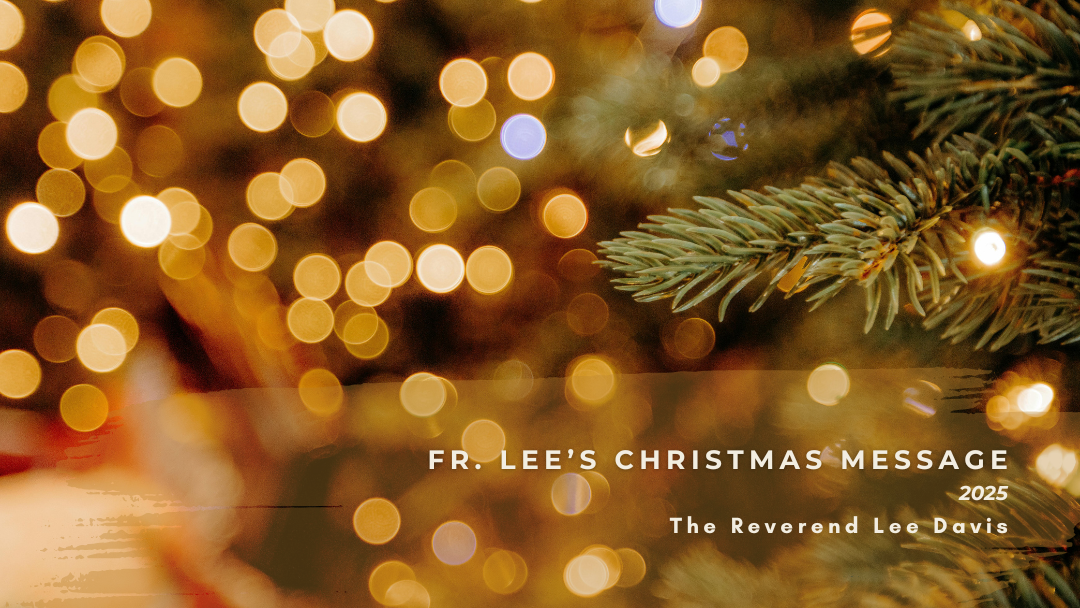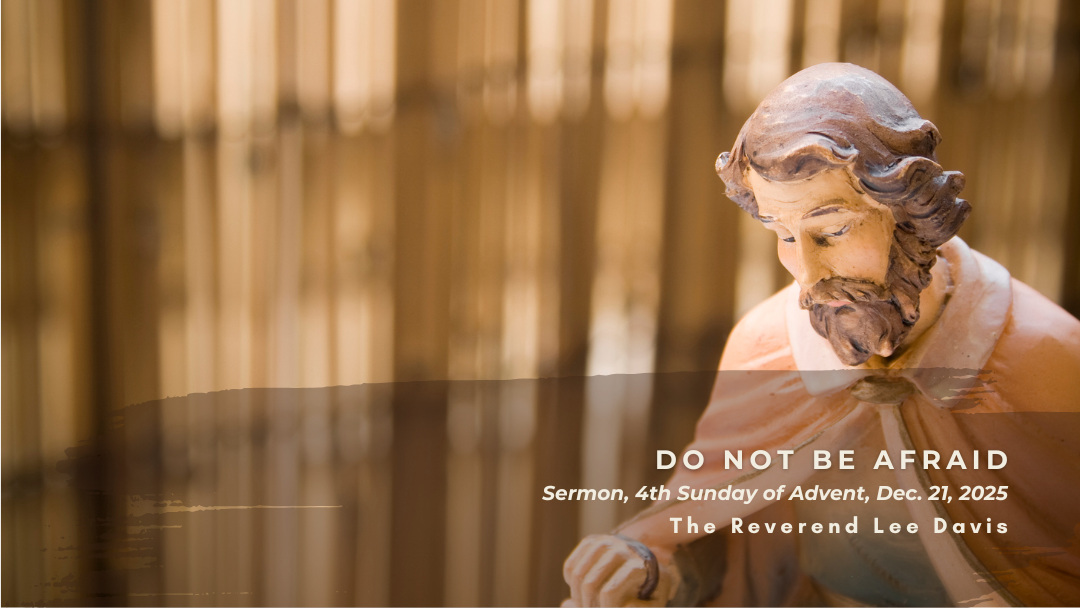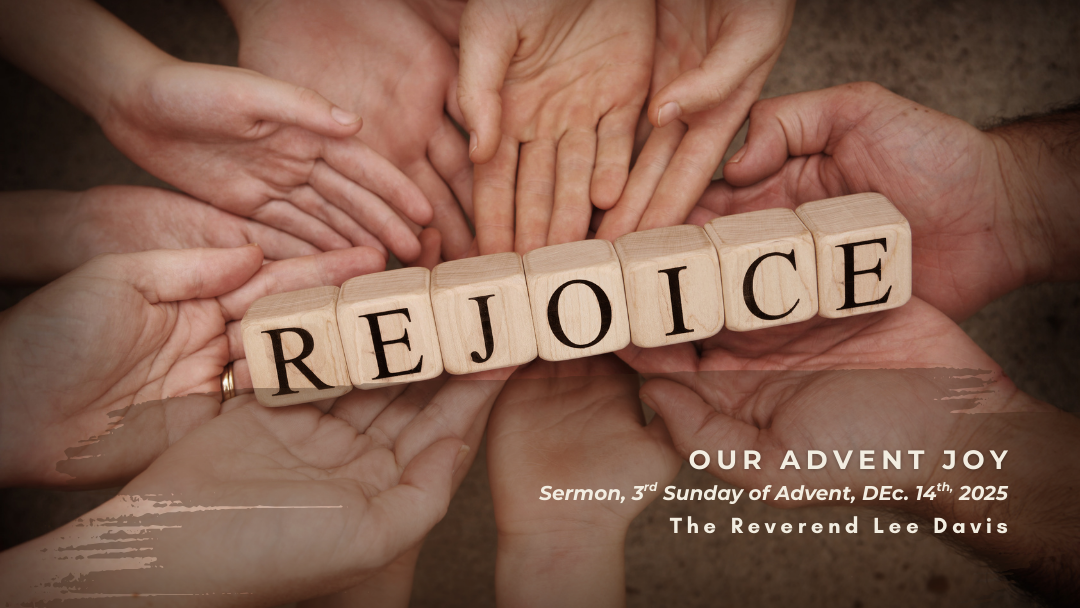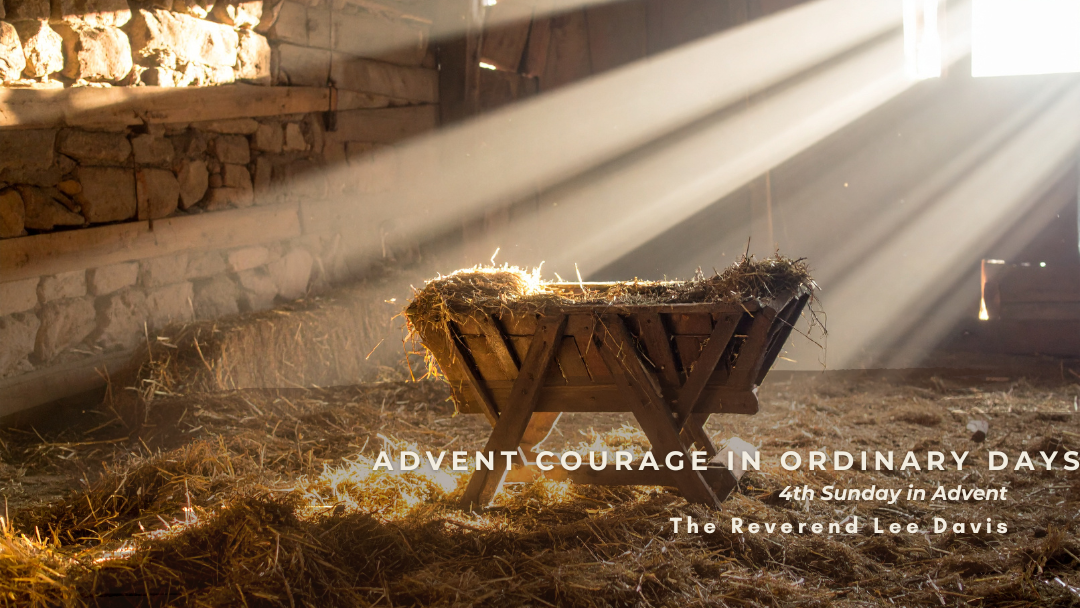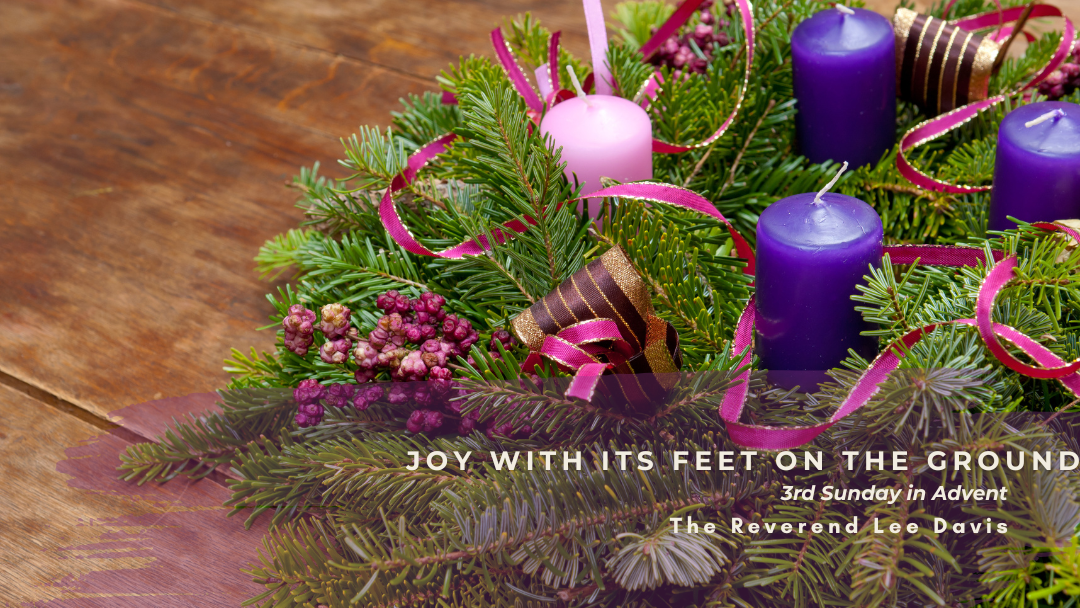Lifting The Veil
Removing Barriers to Deeper Relationships with God and One Another
In both the Old and New Testaments, the motif of the veil carries deep symbolic significance. In Exodus 34:29-35, we read how Moses, after speaking with God, covered his face with a veil because the Israelites were afraid of the radiance that remained. Later, in 2 Corinthians 3:12-4:2, Paul expands this imagery, speaking of a veil that remains over people’s hearts, preventing them from fully seeing and embracing the freedom found in Christ.
These passages invite us to reflect on the veils in our own lives—not physical coverings but the barriers we place between ourselves, others, and God. These veils can be fear, shame, resentment, pride, or any number of things that keep us from true connection. We may not realize it, but we often choose to hide, just as Adam and Eve did in the garden, instead of standing openly before God and one another in love and trust.
Why Do We Wear Veils?
Moses’ veil served a purpose—it shielded the Israelites from a glory they were not yet ready to face. But Paul makes clear that in Christ, there is no need for such a barrier. Yet, so often, we keep veils over our own hearts. We create distance, we protect ourselves from vulnerability, and we build walls rather than bridges.
Some of the veils we use to shield ourselves include:
1. The Veil of Fear
Fear is one of the most powerful barriers between us and meaningful relationships. We fear rejection, so we keep our true selves hidden. We fear vulnerability, so we only let others see the carefully curated versions of our lives. We fear God’s call, so we keep our faith at a comfortable distance, avoiding anything that might challenge or change us.
But Paul tells us, “Now the Lord is the Spirit, and where the Spirit of the Lord is, there is freedom” (2 Corinthians 3:17). True love—divine and human—cannot flourish where fear rules.
2. The Veil of Shame
Shame convinces us that if people (or God) knew the truth about us—our past, our struggles, our weaknesses—they would turn away. So, we hide. We cover up our wounds, pretending we are fine. We keep our prayers shallow, afraid of bringing our full selves before God.
But Jesus does not call perfect people; he calls real people. Again and again in Scripture, we see God meeting people in their brokenness, not in their perfection. When we remove the veil of shame, we make space for healing and authentic love.
3. The Veil of Busyness and Distraction
It is easy to stay busy. It is easy to fill every moment with tasks, entertainment, or social media. But sometimes, our distractions are veils we place over deeper longings. We avoid stillness because in stillness, we might have to face our grief, our loneliness, or God’s voice calling us to something greater.
Paul urges us, “Since it is by God's mercy that we are engaged in this ministry, we do not lose heart. We have renounced the shameful things that one hides; we refuse to practice cunning or to falsify God’s word” (2 Corinthians 4:1-2). Removing the veil of distraction means making space for what is real and true.
4. The Veil of Pride and Judgment
Sometimes the veil we wear is not one of fear or shame, but of pride. We keep others at a distance by assuming we already know their story, their motives, or their worth. We convince ourselves that we are right and they are wrong.
But pride and judgment do not bring us closer to God or one another. They isolate us. Jesus constantly broke through this kind of barrier, seeking out those who had been cast aside, calling people to a deeper humility and love. When we remove the veil of pride, we allow ourselves to truly see and be seen.
The Invitation to Remove the Veil
Paul tells us that “when one turns to the Lord, the veil is removed” (2 Corinthians 3:16). This is not just about seeing God more clearly; it is about seeing ourselves and one another more clearly as well.
To live as people of unveiled hearts means:
- Choosing vulnerability over fear—letting people see the real us and trusting in the love of God.
- Choosing honesty over shame—bringing our full selves before God and others without pretense.
- Choosing presence over distraction—making time for real relationships and for God’s voice.
- Choosing humility over judgment—looking at others with the eyes of grace, not superiority.
When Moses removed his veil, the Israelites could see the glory of God. When we remove our veils, we allow the love of God to shine more fully in and through us. In Christ, we are called to live boldly, freely, and openly—not as people who hide, but as people who reflect God’s light in all we do.
So let us ask ourselves: What veils are we still holding onto? And what would it mean to finally let them go?




